(ThyBlackMan.com) God of our weary years, God of our silent tears, Thou who has brought us thus far on the way; Thou who has by Thy might Led us into the light, Keep us forever in the path, we Pray.—“Lift Ev’ry Voice and Sing”
Should Black Americans still consider “Lift Ev’ry Voice and Sing” as the “Black national anthem?”
Given the Obama presidency and Herman Cain as a viable presidential contender for the Republicans, aren’t many Black Americans right in feeling we are completely integrated into the American milieu?
Many will still complain that segments of the Black community, especially the poor and dispossessed, cannot yet identify with this land. That leaves open the question of whether we should cling to this—or any—separatist anthem. If an anthem is warranted, is the current one appropriate? 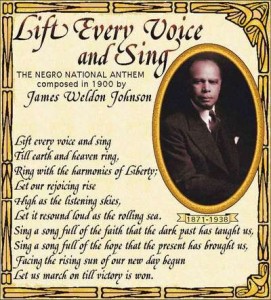
Is “Lift Ev’ry Voice and Sing” still sung at Black events? It used to be sung right after the “Star Spangled Banner.” But how often is that played at open public events anymore?
Is “Lift Ev’ry Voice and Sing” played at HBCU football games? Hardly. The song is largely a relic of the past.
Like the “Star-Spangled Banner,” “Lift Ev’ry Voice and Sing” was first a poem (in 1900—and then set to music in 1905). Unlike the national anthem, however, it is not specially recognized by Congress (with the exception of having once been read into the Congressional Record).
“Lift Ev’ry Voice and Sing” expresses the sentiments of a people born from slavery and having great fears of White America. That hardly represents Black Americans today.
“Lift Ev’ry Voice and Sing” does not convey the mindset of a people who are now willing to fight for equality. Rather, the song says that –through faith and hope—God will guide us there.
“Lift Ev’ry Voice and Sing” is too passive. It does not portray Black Americans as the people of action that we are.
The very thought of questioning the efficacy of “Lift Ev’ry Voice and Sing” is, in an of itself, emblematic of the questioning, searching, pursuing and moving minds that Black Americans embody and that we use on our way to finding true economic freedom.
Unlike the “Star-Spangled Banner,” which says, “Then conquer we must, when our cause is just,” “Lift Ev’ry Voice and Sing” does not claim our righteousness in the battle for justice—nor our guaranteed victory. Shouldn’t any Black anthem be more explicit about such goals?
Maybe the reason for this agnosticism about a Black anthem is that it simply represents too many words on paper. It is steeped in the Black American Christian tradition of calling on God to do for us what God has given us the power to do for ourselves.
God shouldn’t magically cause us to emphasize intelligence over style, thriftiness and investment over conspicuous consumption nor long-term planning over immediate gratification. However, we should marshal our own senses to adopt the better and wiser approaches.
That’s why it may be time to retire “Lift Ev’ry Voice and Sing.”
Isn’t it time for some brilliant Black mind to pen something new for Black America? Some Black institution could commission such work and help promulgate the result.
The very existence of Black institutions, by the way, is a testament to the continuation of separate Americas and a potential reason for such an anthem.
It is hard to find centenarian companies. It stands to reason, using that logic, that a centenarian song cannot adequately reflect the needs, hopes and aspirations of a people who are as dynamic as Black Americans.
Let’s consider a new song that we can sing in a place and at a time where Black Americans enjoy true social, political, and economic freedoms.
Written By Dr. B.B. Robinson













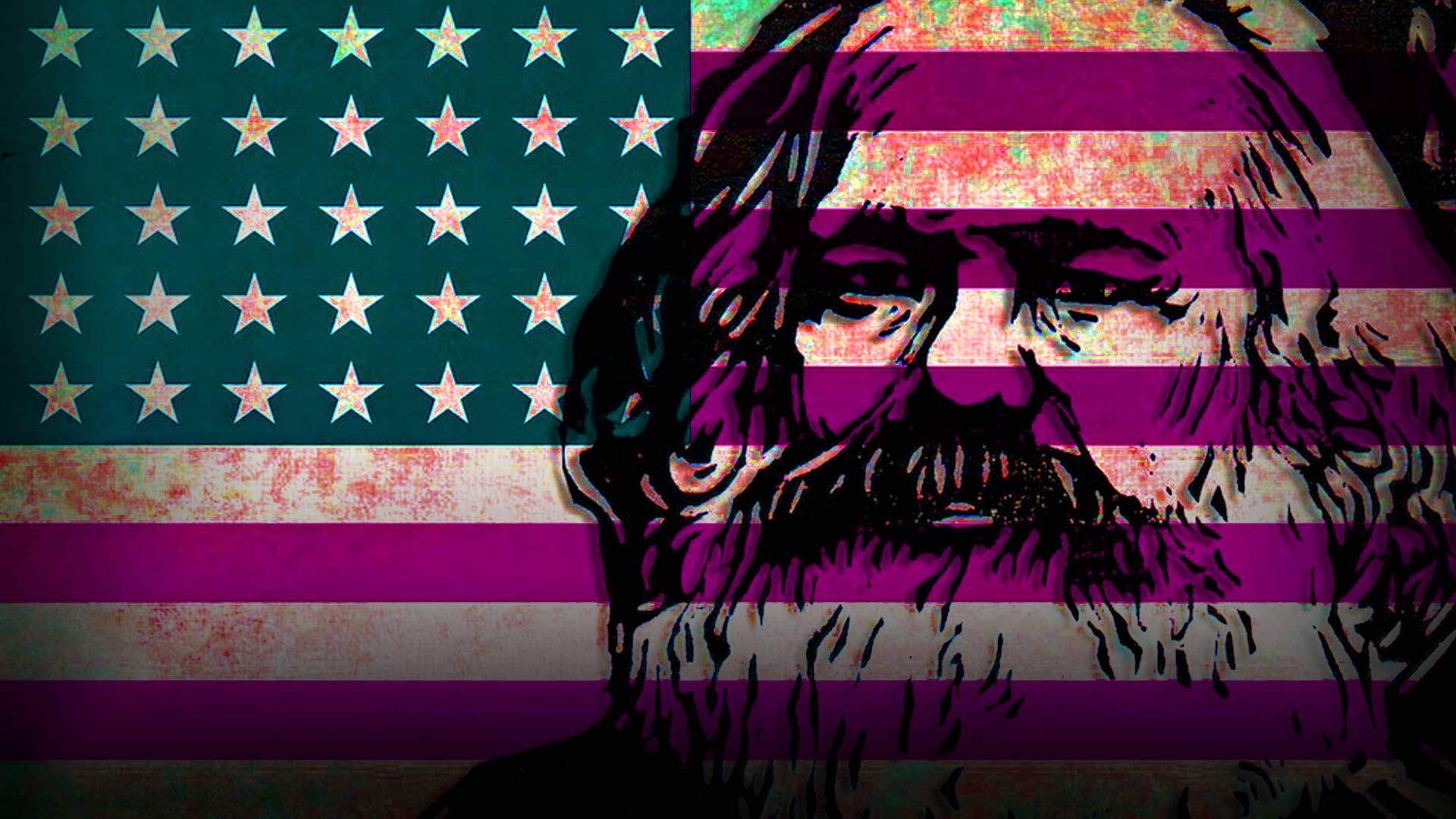
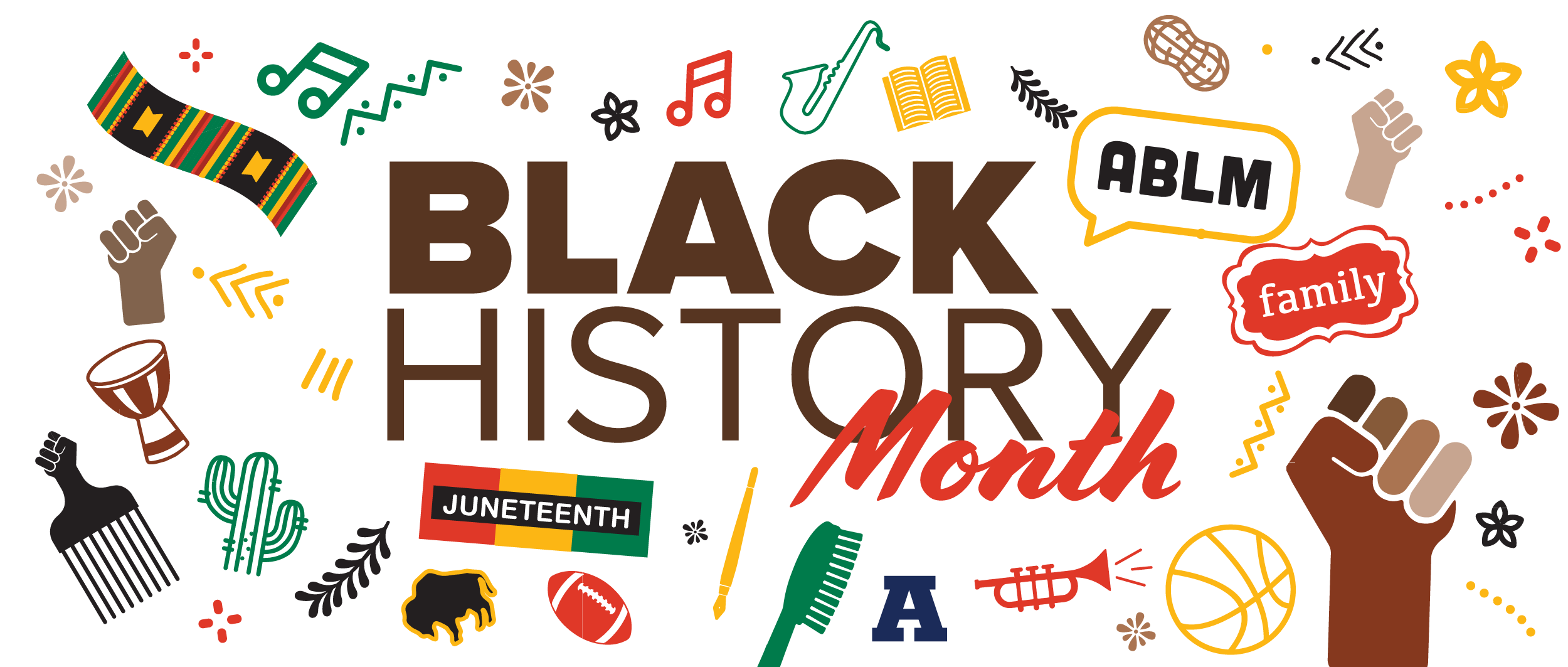
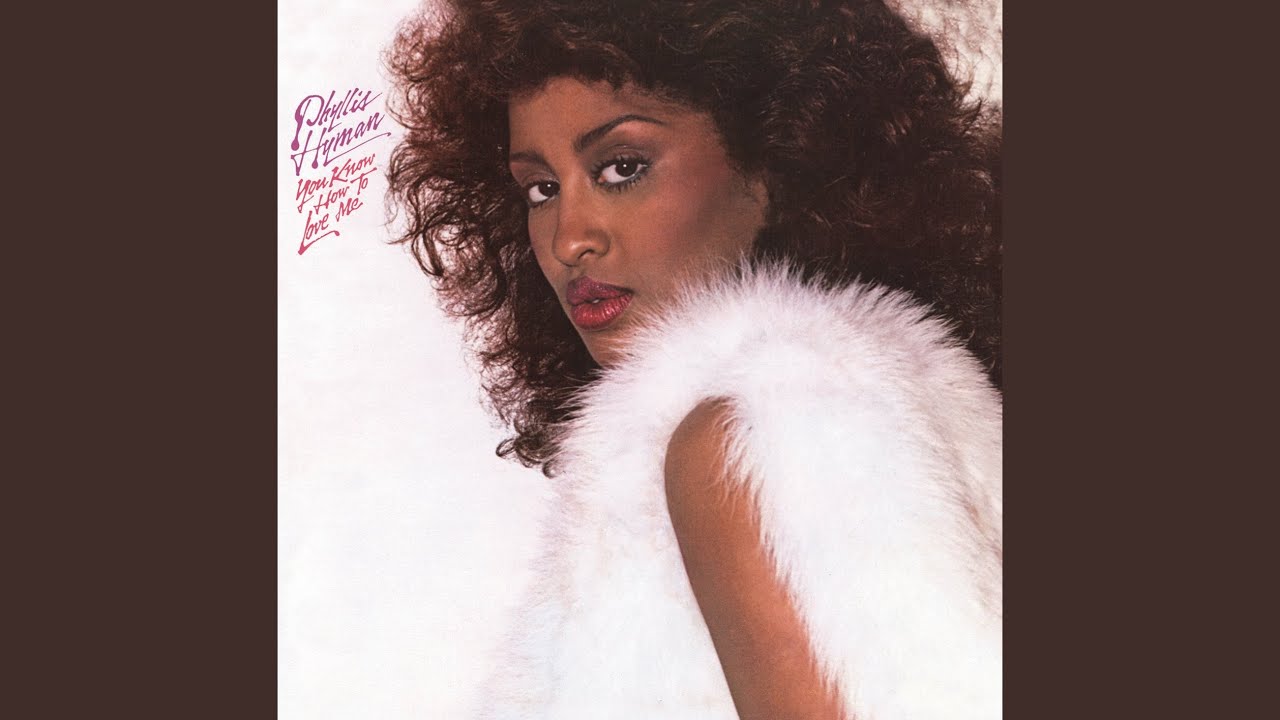
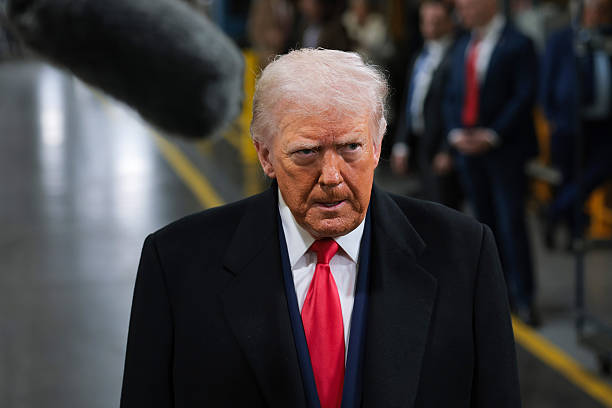
Leave a Reply